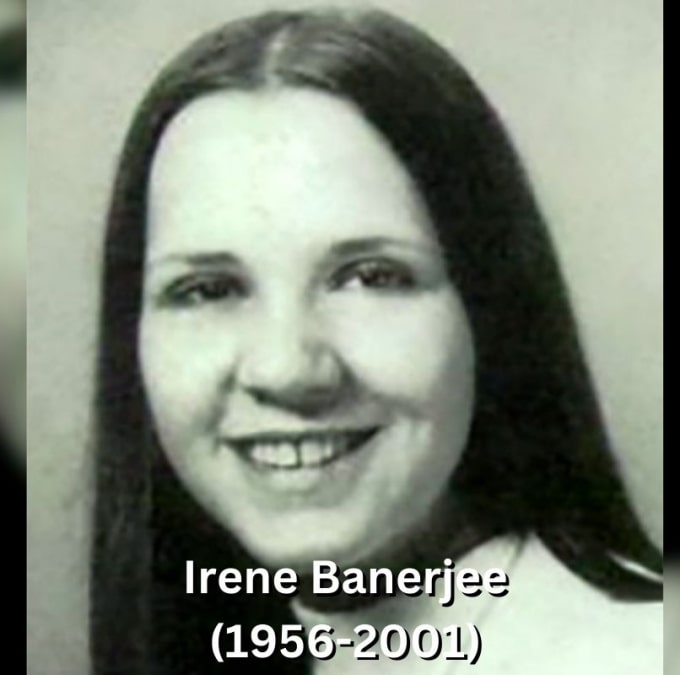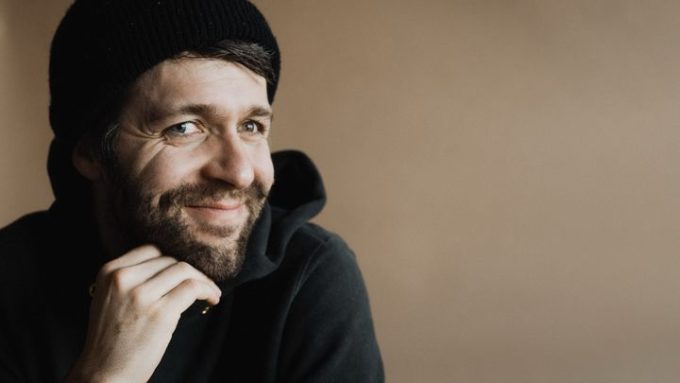Capturing moments through photography is an art form cherished by many. Yet, when we hear the phrase “Why Did The Photo Go to Jail?”, it intrigues our curiosity by suggesting a more serious side to this popular hobby. This article dives into the legal frameworks and potential pitfalls surrounding photography that can metaphorically land a 'photo' in jail.
Navigating the Legal Framework of Photography
Understanding the laws that govern photography is crucial for both amateur and professional photographers. These laws are in place to protect individual privacy, intellectual property rights, and prevent the spread of illegal content.
1. Privacy Violations
Privacy is a significant concern in photography. Issues arise when photos are taken or shared without consent, especially in places where individuals expect privacy.
- Expectations of Privacy: Individuals have a right to privacy in places like homes or restrooms. Violating this can lead to legal repercussions.
- Unauthorized Distribution: Sharing private photos without permission can result in lawsuits.
- Celebrity Privacy: Paparazzi often walk a fine line between public interest and invasion of privacy, sometimes leading to legal battles.
2. Copyright Infringement
Copyright laws protect photographers' original works from unauthorized use.
- Commercial Exploitation: Using photos commercially without the photographer's permission can lead to both civil and criminal charges.
- Reproduction and Distribution: Even non-commercial sharing can be problematic if it violates the copyright holder’s rights.
3. Obscenity and Illicit Content
Photographs deemed obscene, particularly those involving minors, are strictly prohibited and carry severe penalties.
- Legal Definition of Obscenity: Varies by jurisdiction but typically includes sexually explicit material.
- Child Exploitation: Any involvement of minors in obscene photos is a serious crime with harsh punishments.
4. Anti-Terrorism and National Security
Photography can intersect with national security concerns, particularly in sensitive areas.
- Sensitive Locations: Taking photos in areas like military bases can be seen as a security threat.
- Legal Boundaries: Photographers must be aware of restrictions in high-security zones.
5. Defamation and Libel
Photographs can be manipulated to create misleading impressions, leading to defamation lawsuits.
- False Representation: Images that falsely depict individuals in a damaging way can lead to legal action.
- Reputation Harm: Legal consequences can include damages for reputational harm.
6. Unauthorized Surveillance
The rise of technology has complicated issues of surveillance and privacy.
- Drone Photography: Using drones for photography without consent can violate privacy laws.
- Hidden Cameras: Surreptitious photography is both unethical and illegal.
7. Photography at Protests and Public Events
While generally allowed, photography at public events can sometimes cross legal lines.
- Public Photography Rights: Generally legal, but there are exceptions, such as during police operations.
- Legal Nuances: Photographers must be aware of specific laws governing public photography.
8. Intellectual Property Theft
Unauthorized use of photographic works is a form of intellectual property theft.
- Protecting Creative Work: Photographers should understand their rights and how to enforce them legally.
- Consequences for Theft: Legal actions can include fines and damages.
9. Manipulation and Misrepresentation
Altering photos can lead to accusations of fraud if it misrepresents reality.
- Photo Editing Limits: Legal issues arise when altered images are used deceptively.
- Fraudulent Imagery Cases: Legal actions have been taken against those who use manipulated images misleadingly.
10. Photography and Harassment
Using photography as a tool for harassment is both a legal and ethical violation.
- Defining Harassment: Repeated, unwanted photography can be considered harassment.
- Legal Protections: Laws exist to protect individuals from this type of invasion.
Summary of Legal Issues
| Legal Issue | Description | Potential Consequences |
|---|---|---|
| Privacy Violations | Unauthorized capture/distribution of private images | Fines, lawsuits, or criminal charges |
| Copyright Infringement | Use of copyrighted images without permission | Civil lawsuits, damages, or criminal charges |
| Obscenity and Illicit Content | Distribution of pornographic or illegal images | Severe criminal charges, including imprisonment |
| Anti-Terrorism Concerns | Photography posing a national security threat | Arrest, interrogation, and possible charges |
| Defamation and Libel | Images that damage reputation | Legal action for damages or retractions |
Frequently Asked Questions
Can you go to jail for taking a photograph?
Taking a photograph isn't inherently illegal, but specific contexts, such as violating privacy laws or taking illicit content, can result in legal consequences, including jail time.
What are the rights of photographers in public spaces?
Generally, photographers can take pictures in public spaces. However, they must avoid interfering with law enforcement or violating privacy expectations and adhere to any specific legal prohibitions.
How can photographers protect themselves from legal issues?
Photographers should stay informed about privacy and copyright laws, obtain necessary permissions, and avoid creating defamatory or obscene images.
What should photographers be cautious of when using drones?
When using drones, photographers must comply with local regulations, avoid restricted areas, and respect privacy to prevent legal issues.
Can photo manipulation lead to legal trouble?
Yes, if photo manipulation results in fraud or misrepresentation, it can lead to legal action for damages.
Conclusion
The metaphorical phrase “Why Did The Photo Go to Jail?” highlights the complex legal landscape photographers must navigate. By understanding and adhering to laws regarding privacy, intellectual property, and content, photographers can avoid legal pitfalls and responsibly practice their craft. This article has shed light on the various legal challenges associated with photography, offering guidance to help photographers remain on the right side of the law.













